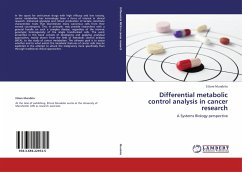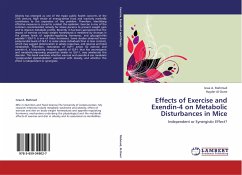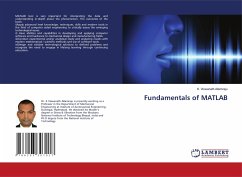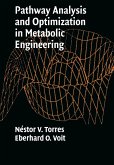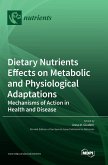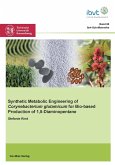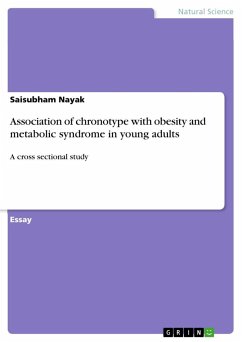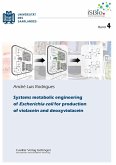In the quest for anti-cancer drugs with high efficacy and low toxicity, cancer metabolism has increasingly been a focus of interest in clinical research. Enhanced glycolysis and robust production of lactate constitute characteristic traits that discriminate many cancerous cells from their normal counterparts. This, in principle, may provide researchers with a general handle on such a complex disease, regardless of the intrinsic genotypic heterogeneity of the single transformed cells. The work presented in this book consists of developing and applying analytical approaches, mainly drawn from the field of metabolic control analysis (MCA), to the study of cancer metabolism. The ultimate goal is to assess whether and to what extent the metabolic features of cancer cells may be exploited in the attempt to attack the malignancy more specifically than through traditional clinical approaches.

